Characterization of Intergranular Phases in Precipitation Hardening Ni Alloy UNS N07725
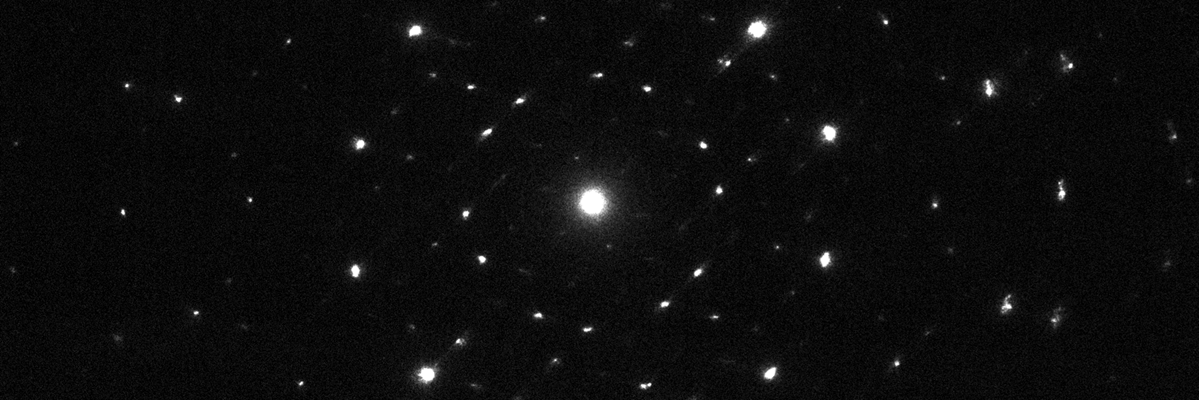
Overview
Hydrogen embrittlement (HE) failures of Ni-alloy UNS N07725 (Alloy 725) subsea components have been linked to the coverage of the grain boundaries by a nanoscale and brittle precipitate. However, none of the known phases in Alloy 725 could explain the morphology, extent, and deleterious nature of the observed intergranular precipitates.
In this investigation, we identified M23C6 carbide and, unexpectedly, F phase precipitates at the grain boundaries of commercial Alloy 725 batches. F phase is Cr and Mo rich and a σ-related topologically close-packed (TCP) phase that has not been reported in Ni alloys since its discovery in 1986. Additionally, F phase was predominant in a component deemed susceptible to HE and negligible in an alternative commercial batch of the alloy. We also present a precipitation mechanism that could explain the detrimental morphology of F phase, which is considered worse than that of other TCP.
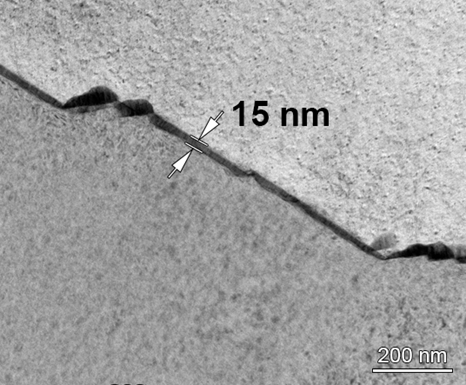
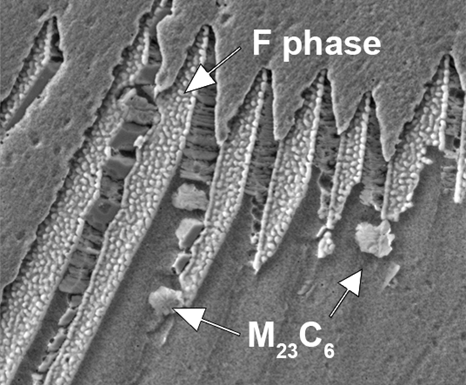
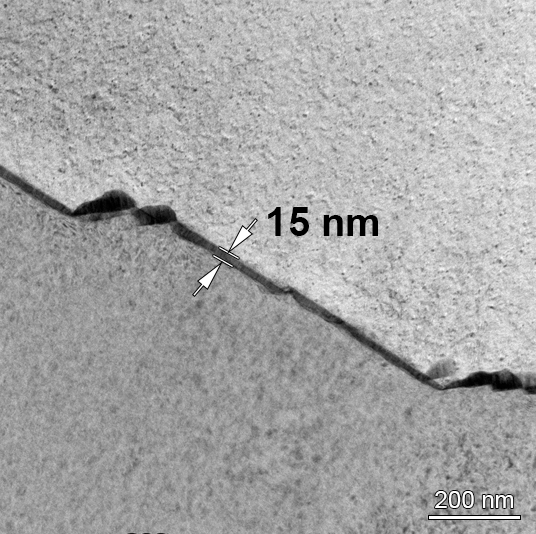
Figure 1a. TEM image of precipitates of nano-sized thickness at Alloy 725 grain boundaries.
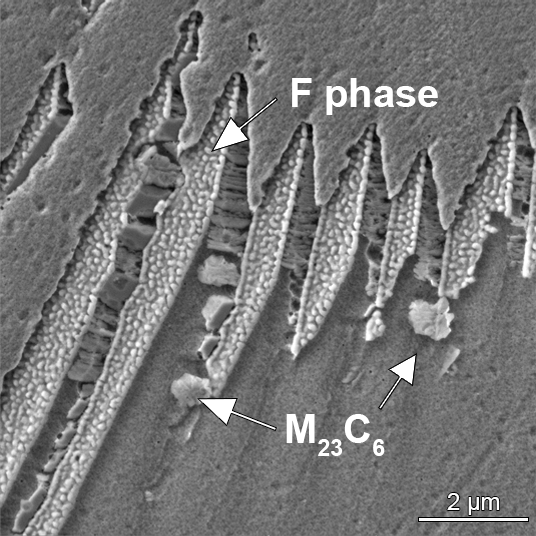
Figure 1b. SEM image of M23C6 and F phase at Alloy 725 grain boundaries
Objectives
This research characterized the identity and extent of the intergranular phases in Alloy 725. Due to the nano-sized thickness and challenging location of the phases, a combination of state-of-the-art techniques was required for their unambiguous characterization.
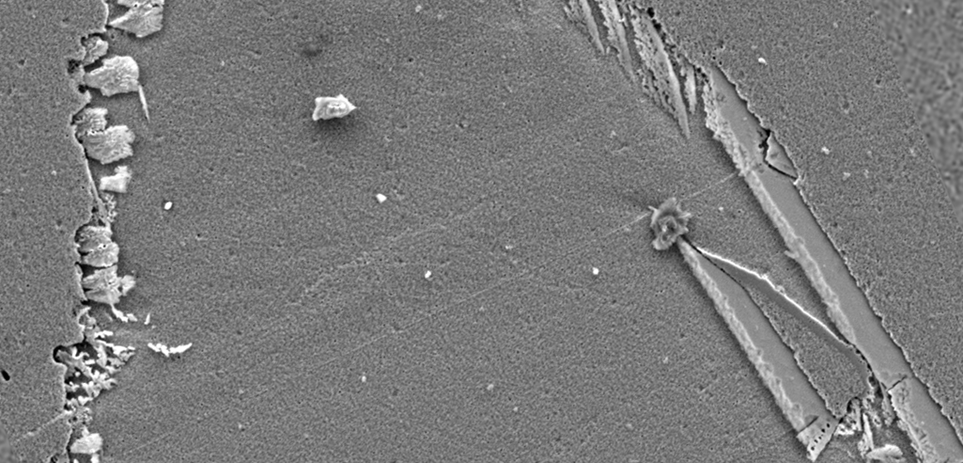
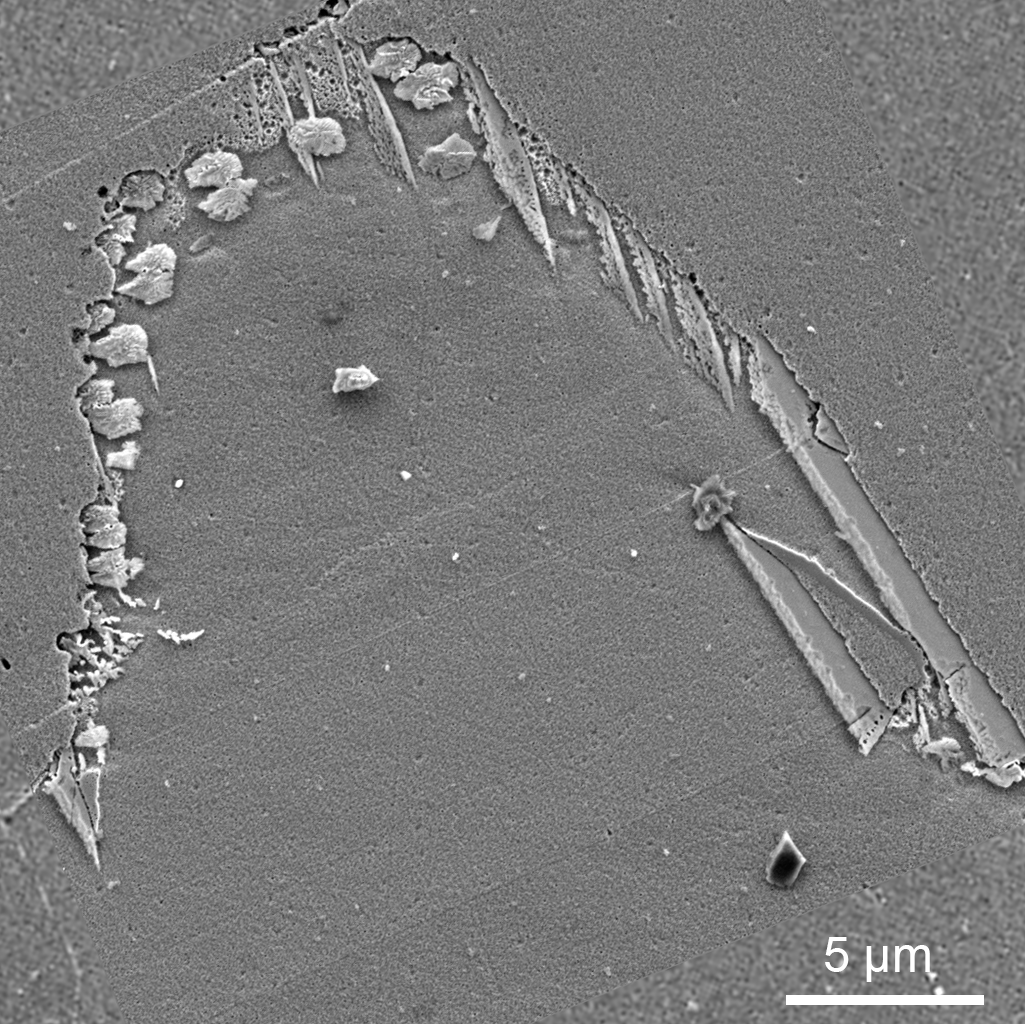
Figure 2a. SEM image of Alloy 725 grain boundary.
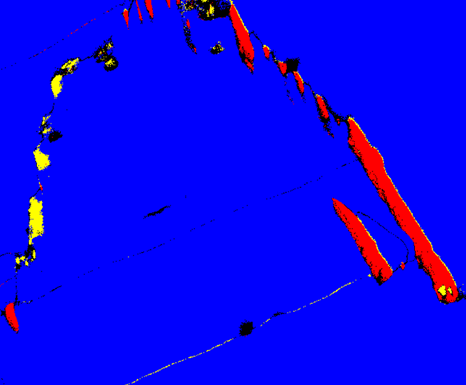
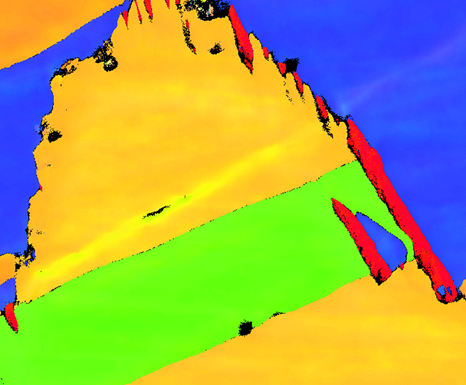
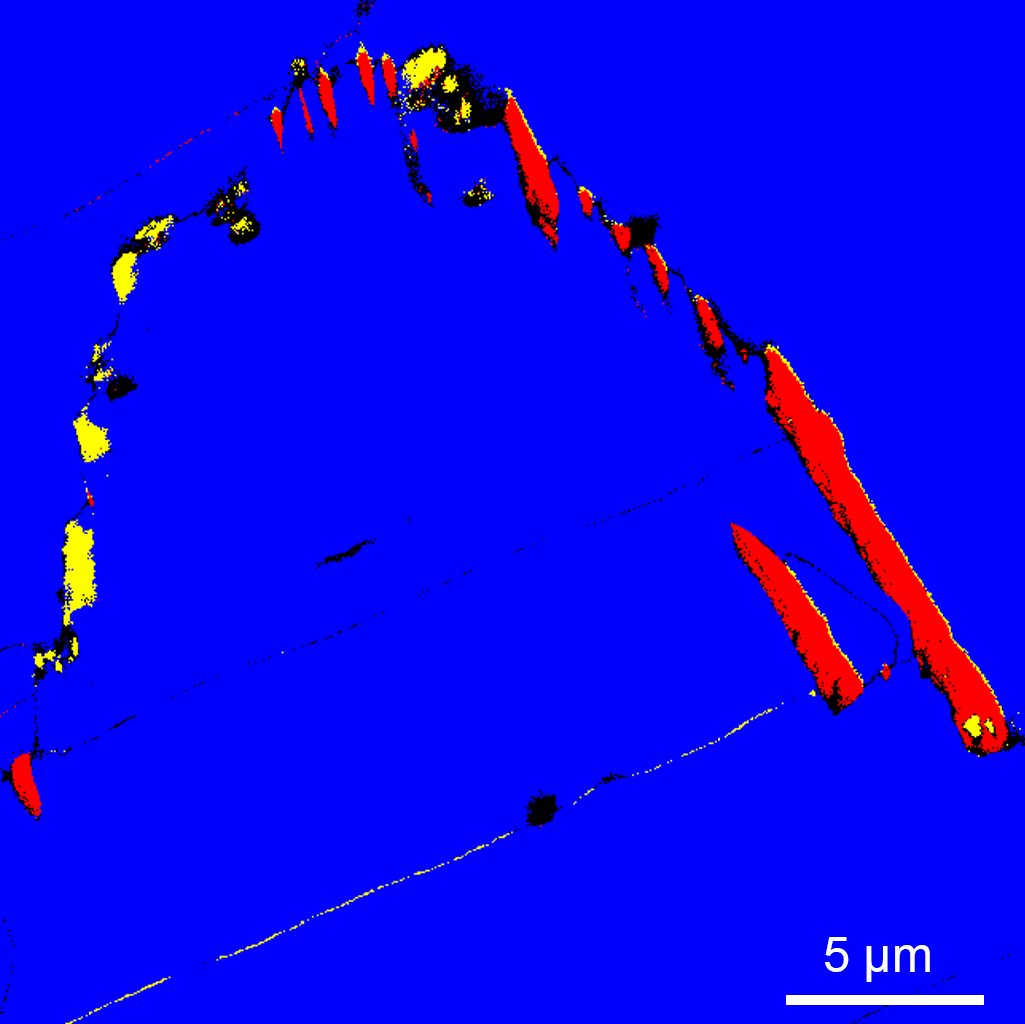
Figure 2b. EBSD phase map: fcc γ-matrix in blue, M23C6 carbide in yellow and F phase in red.
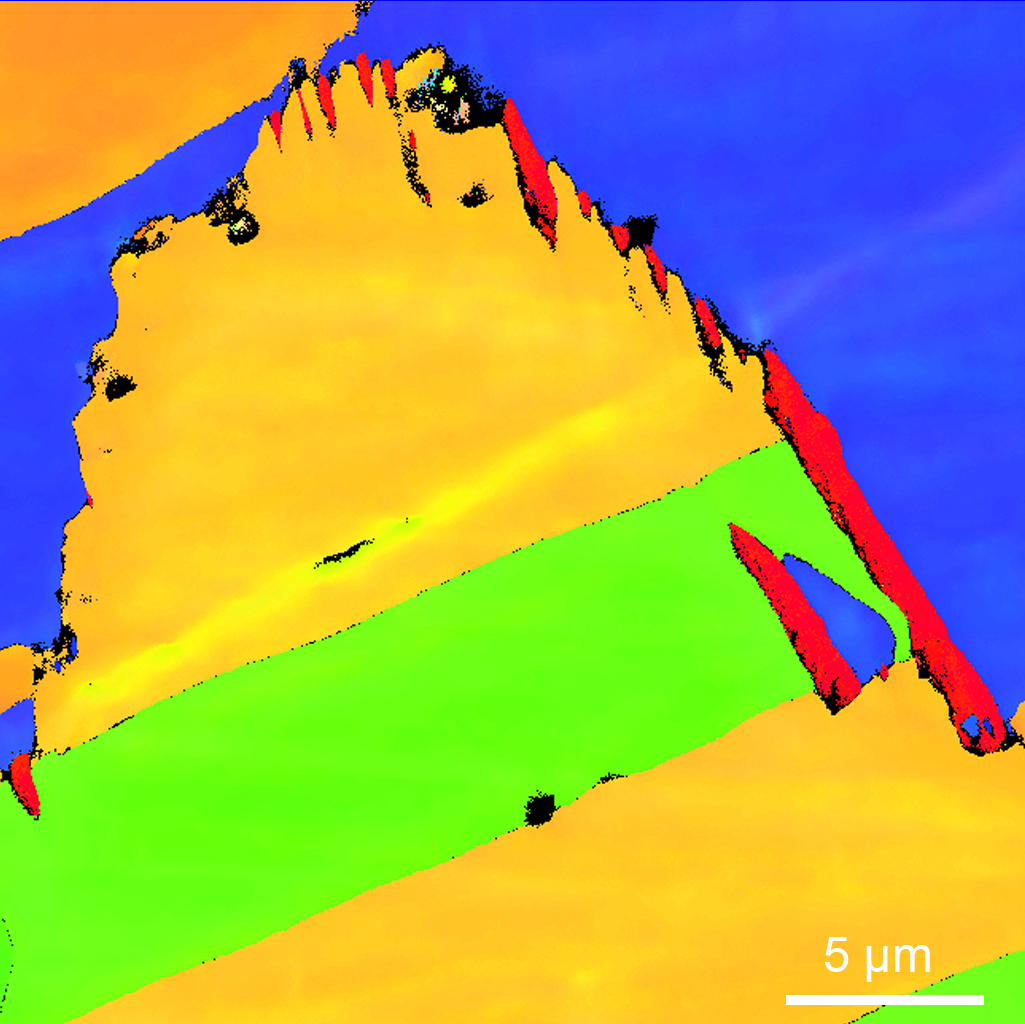
Figure 2c. EBSD IPF map in the Z direction.
Why is it important?
The demonstrated presence of the deleterious F phase in commercial Alloy 725 batches and methods to detect it are instrumental to determine the HE susceptibility of the alloy and develop new thermomechanical processing routes and quality control methods.
Get The Paper!
Free until 8 January 2021.
Citation
M.S. Hazarabedian, M.Z. Quadir, M. Iannuzzi, "Characterization of Intergranular Phases in Precipitation Hardening Ni Alloy UNS N07725," Materials Characterization, In press, (2020). https://doi.org/10.1016/j.matchar.2020.110770.


